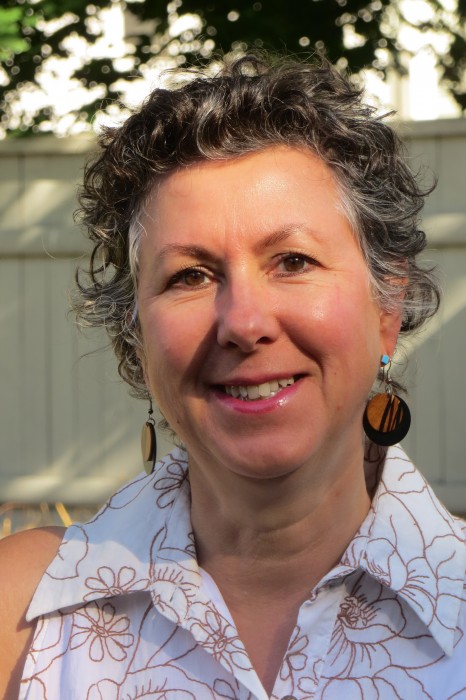Interview with Fundraising Master Gayle Gifford
by Brian Saber, President
 I recently chatted with Gayle about her upcoming web interview for the Asking Matters Fundraising Masters Series. I’m really looking forward to having her talk to Asking Matters Members on February 12 about how to get the board more involved in fundraising. That’s a challenge that never goes away and she’s got tremendous insight that will help you move the bar at your organization.
I recently chatted with Gayle about her upcoming web interview for the Asking Matters Fundraising Masters Series. I’m really looking forward to having her talk to Asking Matters Members on February 12 about how to get the board more involved in fundraising. That’s a challenge that never goes away and she’s got tremendous insight that will help you move the bar at your organization.
Brian: Hi Gayle! What do you think is the number one issue that keeps staff and board from working together effectively? Is there something you see time and again?
Gayle: Buying into the widespread mythology that “fundraising is the board’s job.” It blocks staff from thinking strategically and taking effective action on fundraising. And as a result, it does nothing to help board members effectively and rewardingly participate in the fund development process.
Brian: Do they think it’s the board’s “job” to the exclusion of it being their job?
Gayle: This is such an interesting question to me.
It’s the rare organization I’ve encountered where professional staff expect their board members to play significant roles in program delivery. Yet, for some reason, staff in way too many organizations expect their board members who are amateurs in fundraising to lead those efforts.
And, once they start thinking this is a board job, then a whole lot of development staff stop being accountable for delivering results: “I’m not successful because my board won’t raise money.”
Some staff members spend way too much time – usually ineffectively – trying to get board members to do things they aren’t equipped to do, or simply aren’t interested in doing when they could be spending time with donors or prospective donors, or doing the other parts of their job much more competently.
Staff members ignore or underestimate what will be needed to develop board volunteers so that they are ready to participate in some aspect of the fund development program. They forget to lead. And they foolishly treat each member as if they were the same.
Brian: Gayle, that’s a fascinating point about program delivery versus fundraising and I’ve never thought about it that way. I will quote you on this point going forward!
I have felt that we instinctively look up to our board members for the accomplishments and stature that brought them to our board and somehow translate that into thinking fundraising won’t be difficult for them. I guess we need to remember they had training in all the things that brought them those accomplishments and that stature, and we set them up for failure on the fundraising side by not providing the training!
My personal philosophy is that not every board member will ask for gifts – no matter what we say or do – but every board member can be involved in bringing a variety of resources to the organization (volunteers, expertise, in-kind, etc.). Do you think it’s fair – with training/coaching/mentoring – to expect every board member to be invested enough to do that?
Gayle: Again, I really think it depends a lot on the organization.
I was struck at a workshop I attended where the Directors of Advancement from three large Boston institutions that had raised or were in the process of raising $1billion dollars testified that they had virtually no board member participation in those campaigns (not as donors, they did that – but not as solicitors, etc). They did have significant staff investments – between 150-200 people!
So we really do need to qualify what type and size of organization we are talking about regarding what level of engagement we expect from board members.
Yes, do I think board members can be cheerleaders for their organizations, absolutely. Can they help with their expertise and contacts? Absolutely.
But still board members really need to be enabled by staff. And that’s not just “training.” We take for granted, at our peril, our board members depth of commitment to our cause, their understanding of our work, their connection between money raised and impact produced. As staff, we need to create transformative experiences designed for each of our board members so they truly become passionate for our cause. We need to be sure they really understand the case for support. We have to lead them on what types of ways they can become passionate advocates – breaking down tasks into small steps they can be successful at, calling them up and offering them individual opportunities, coaching and mentoring them along the way.
Just like our donors, each board member needs their own development plan.
Brian: That all makes huge sense. Gayle, I’m really looking forward to your web interview with Asking Matters on February 12 and I want to hear more at that time about “creating transformative experiences” for board members. Thanks so much for providing your insight!
Want to learn how to create transformative experiences for board members and really get them involved? Join Asking Matters today and get the entire Fundraising Masters Series and many other benefits.





